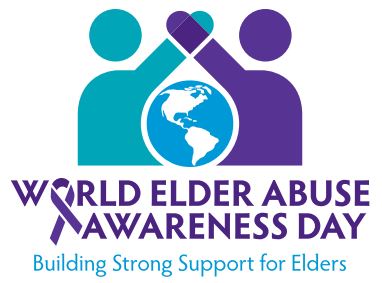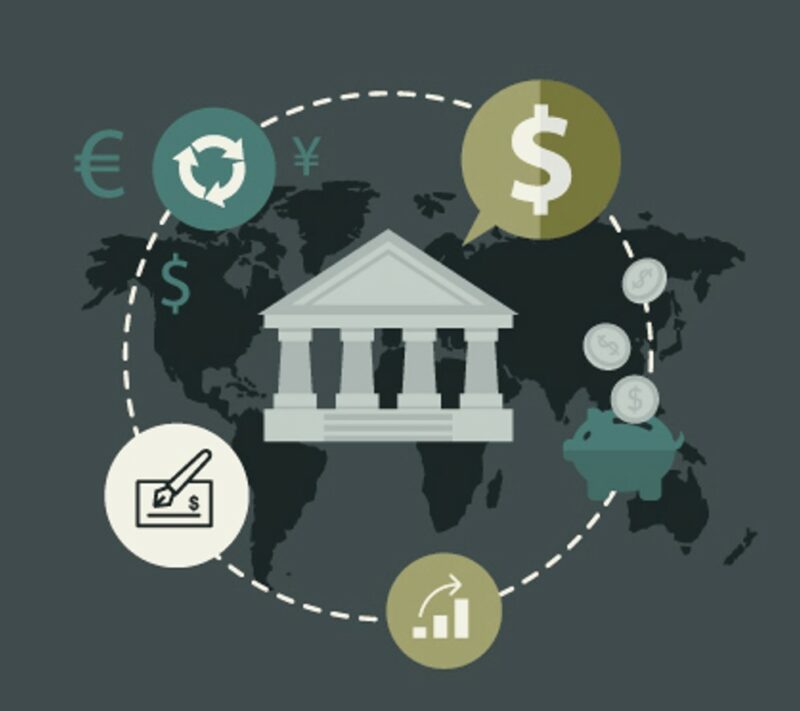World Elder Abuse Awareness Day
Roughly 20 percent of older Americans fall prey to financial exploitation losing on average $120,000, or $3 billion every year, according to a study from the AARP Public Policy Institute.

Be On The Lookout for Elder Financial Abuse Scams
The unfortunate reality is that older adults are attractive targets for financial exploitation because they possess more wealth than other potential victims.
With World Elder Abuse Awareness Day marked this year on June 15, it is a good time to provide seniors and their family members with tips to guard against financial exploitation.
At GRB we take a proactive approach to detecting and preventing financial fraud against older customers through routine employee training and the use of technology to spot red flags and report suspicious activity to authorities.
We encourage everyone to remain vigilant regarding common schemes and scams, like those below.
Medical/Healthcare Insurance Scams
It is difficult to imagine someone preying on those in need of medical assistance, but Medicare fraud is quite common. Criminals posing as Medicare or medical supply reps may try to steal a victim’s identity or offer bogus services to bill Medicare.
Another COVID-19 related scam centers around a FEMA program to assist with funeral expenses. While this is a legitimate program, and you can reach out to FEMA to apply for these benefits, citizens should be mindful that:
- FEMA will not contact you until you call or apply for assistance.
- The government won’t ask you to pay anything to get this benefit.
Never share personal or financial information with anyone who contacts you out of the blue.
Zoom Phishing Emails and Internet Fraud
At the onset of the pandemic con artists registered thousands of fake Zoom-related internet domains to send phony emails, texts or social media messages. These bogus links led consumers to inadvertently download malware (malicious software) that exposed their personal information.
Internet scammers often send fake text messages alleging trouble with an internet account, credit card, bank account or shopping order. Many even contain realistic looking logos to lure you into clicking on a link and divulging personal information.
To limit your exposure, avoid clicking on links from unsolicited emails or texts. If you suspect a problem with an account, contact the bank or service provider directly.
Telemarketing/Phone Scams
Seniors schooled in etiquette may frown upon “hanging up the phone” or simply saying “no” to unsolicited calls. But those good manners can leave the door open to criminals. Three notable examples include:
- The pigeon drop. Con artists pretend to share found money in exchange for a “good faith” payment drawn from the contacted person’s bank account.
- The fake accident ploy. Con artists create a false story that a loved one is injured and needs money for medical expenses. Don’t trust these callers, verify information with family members directly.
- Charity scams. Con artists solicit funds on behalf of a charity they are not affiliated with or that is not legit. Remember, if it’s too good to be true it probably is. If you want to give go directly to the source.
Scams are always changing. The Federal Trade Commission has a “scam alert” page with up-to-date scam information at consumer.ftc.gov/scam-alerts.
And as trusted stewards of our customer’s financial data, feel free to reach out to GRB. We train our employees on fraud prevention techniques and can help you spot potential scams. If you suspect financial fraud, we can help you take appropriate measures to protect your account.



